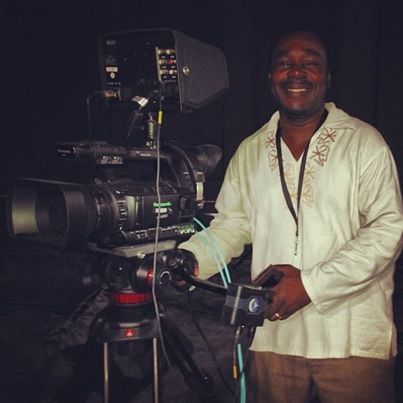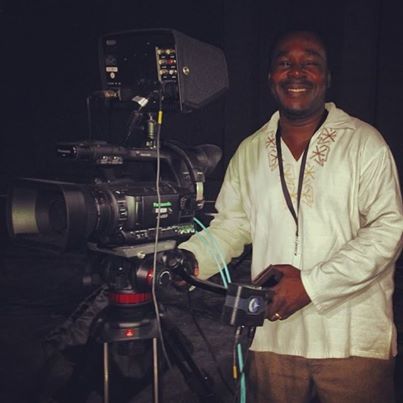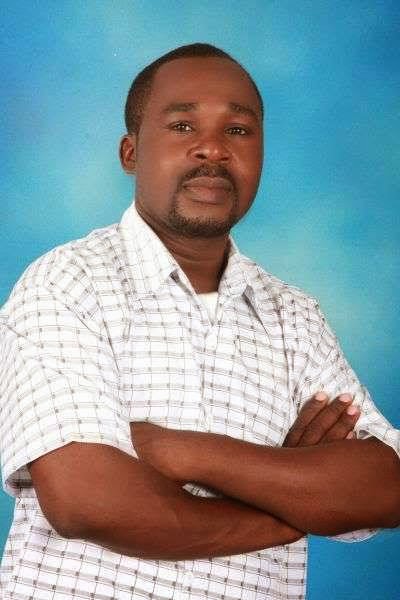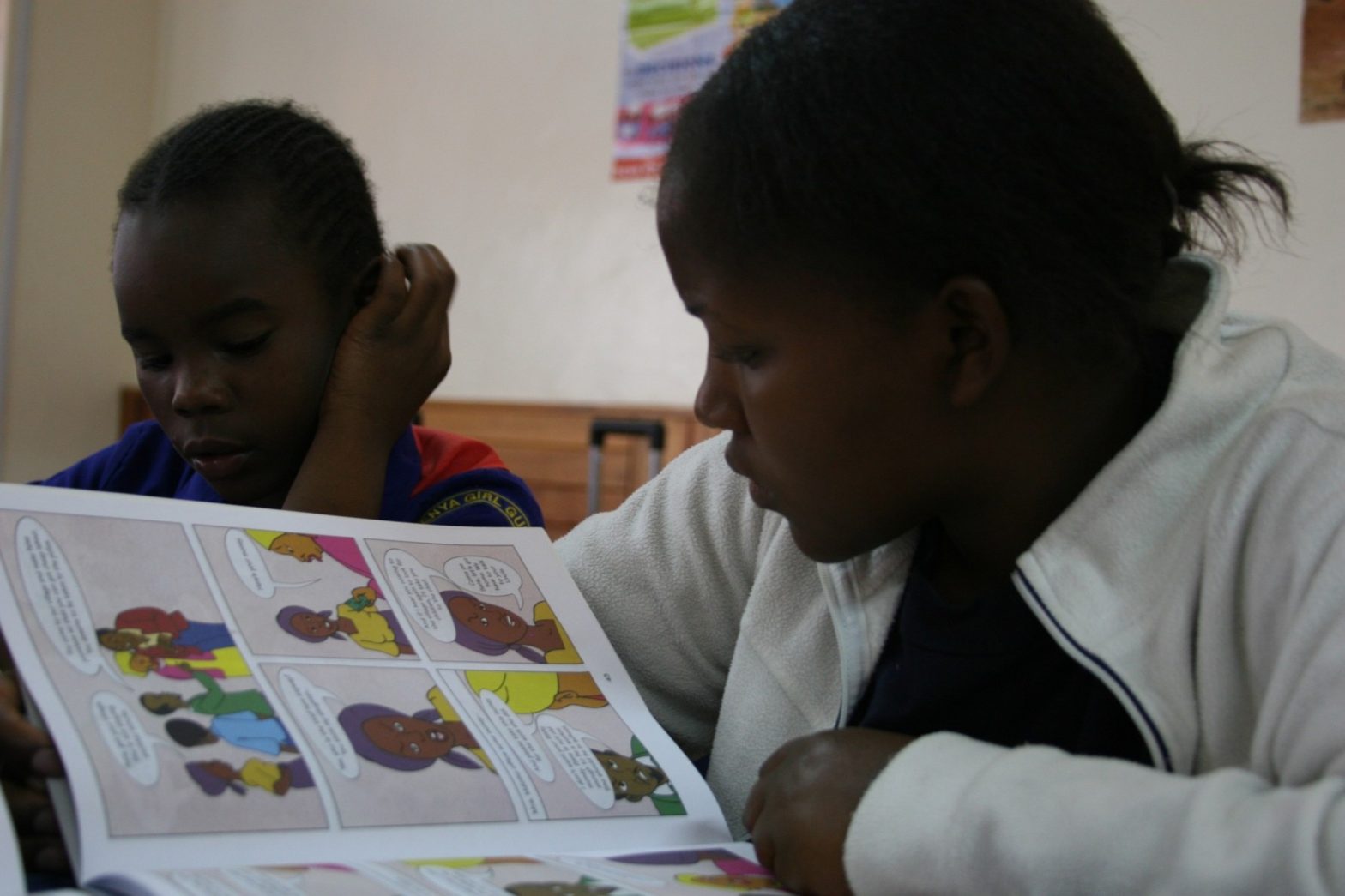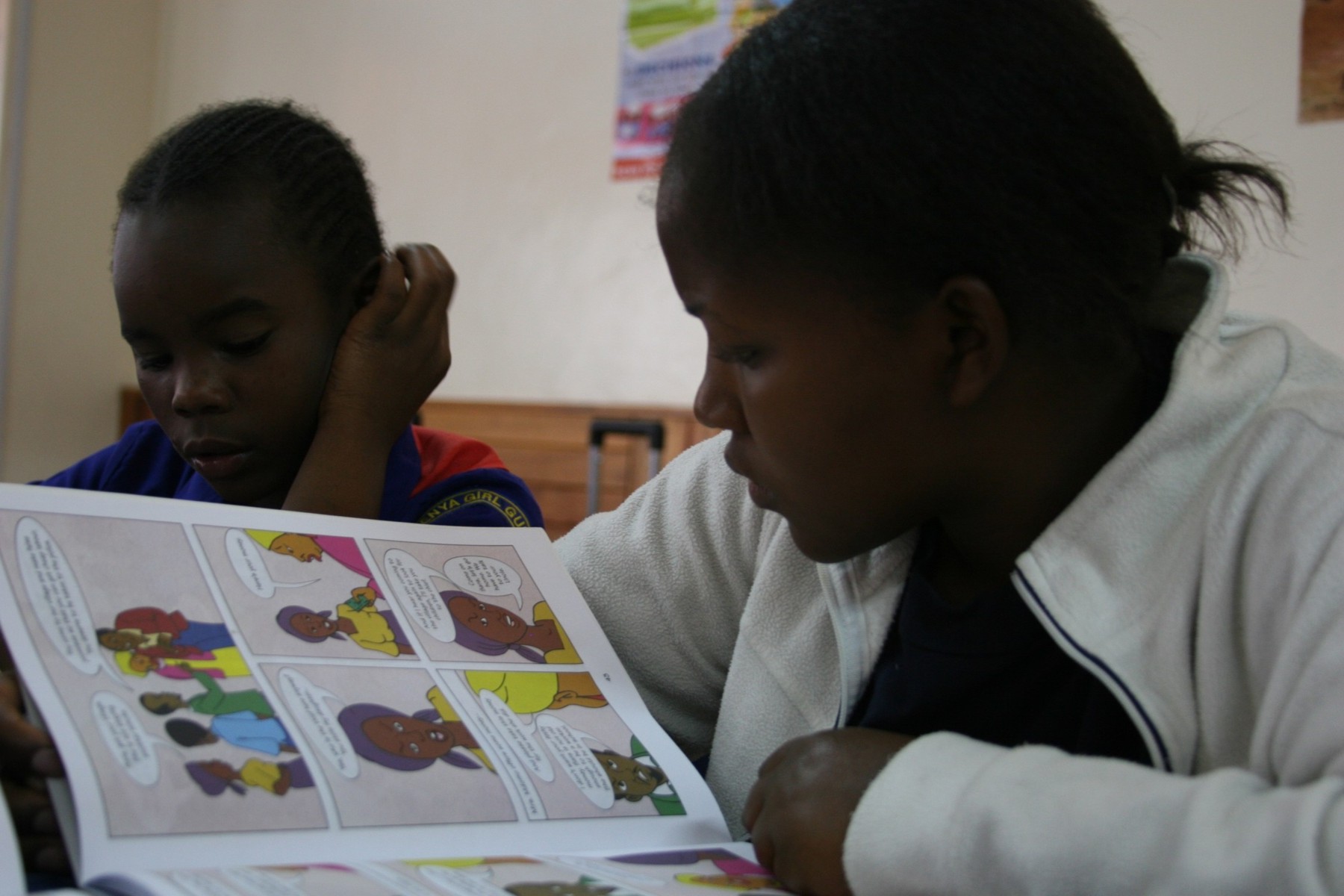The Tanzanian movie industry is mourning the death George Tyson the man credited with revolutionisng that industry. He made his name with the 2002 movie Girlfriend which featured heavyweight Bongo Flava artists like TID, Crazy GK and AY. Coincidentally that is the movie that catapulted the Tanzanian movie scene from a hobby into a money minting venture.
It is ironical that Tyson, a Kenyan, is credited with opening up and developing the Tanzanian movie industry, yet his mother country, still in the movie wilderness, did not have time for him. Now he is dead.
Tyson, whose real names are George Okumu Otieno met his death on the evening of Friday May 30. He was in a group of eight people – The Mboni Show crew – who were travelling from Dodoma back to dare salaam. He was the producer/director of The Mboni Show, a talk show that airs on Tanzanian’s East Africa TV. They had gone to donate desks to a school in Dodoma as part of marking the show’s third year anniversary.
Reports indicate that upon reaching Gairo near Morogoro, at around 6.45pm their car, a Toyota Grania, experienced a tire burst which made it lose control and roll several times. It is said that Tyson was thrown out of the rolling car, where he later succumbed to his injuries. Susan Lewis, also an actress, and who is the mother of Tyson’s former wife Monalisa, told Tanzania’s Global TV that just before he died Tyson wondered aloud who would take care of his children now ‘that he was dying’.
Tyson is survived by Sonia Akinyi, 14, and another adopted child. He is the only who died among those who were traveling in the same car with him; the rest sustained injuries.
After the release of Girlfriend Tyson got married to Monalisa (Yvonne Cherry) who starred in the movie, and together they got Sonia. The couple later separated but were still close to each other. At the time of his death Tyson was living in Mbezi area of Dare salaam. His body was airlifted was to JKIA, from Dar, and woud be buried in his ancestral home of Siaya.
Tyson studied TV production at the Kenya Institute of Mass Communication. In 1991, he landed a scholarship to study Film-making and Drama and the Durban Institute of Film-making. He briefly worked with the Zimbabwe Broadcasting Corporation before returning to Kenya to join state broadcaster KBC, where he directed short dramas for radio and TV and the short-lived Play of the Week.
He also tried his hand on stage directing where he directed a number of productions at the Kenya National Theatre including The Concubine, Romeo and Juliet and Kisima cha Giningi. After some time a colleague told him of a job opening in Dar with ITV which was looking for drama producers. He worked with ITV up to 2001 before leaving to start freelance work.
He got the nickname Tyson as a result of his exploits in the boxing ring. “I took up boxing by chance after my sister came home crying following a beating from a boy in our neighbourhood,” he told this writer in 2004. When he went to defend the honour of his sister the boy turned the tables on him and gave him a thorough beating instead. “I henceforth vowed to train as a boxer as well as doing some weightlifting,” he added.
He joined Posta Club where he trained with the likes of the late Robert Wangila Napunyi – the 1988 Olympic gold medalist – but never got to participate in major tournament. “During training sessions I used to knock out opponents in quick succession, hence the name Tyson,” he added.
Apart from Girlfriend Tyson’s other major movie was Dilemma, which also featured big name stars. “The whole idea is to work with people who influence public opinion as a way of attracting viewership.”
At its peak Girlfriend sold over 100,000 copies.

